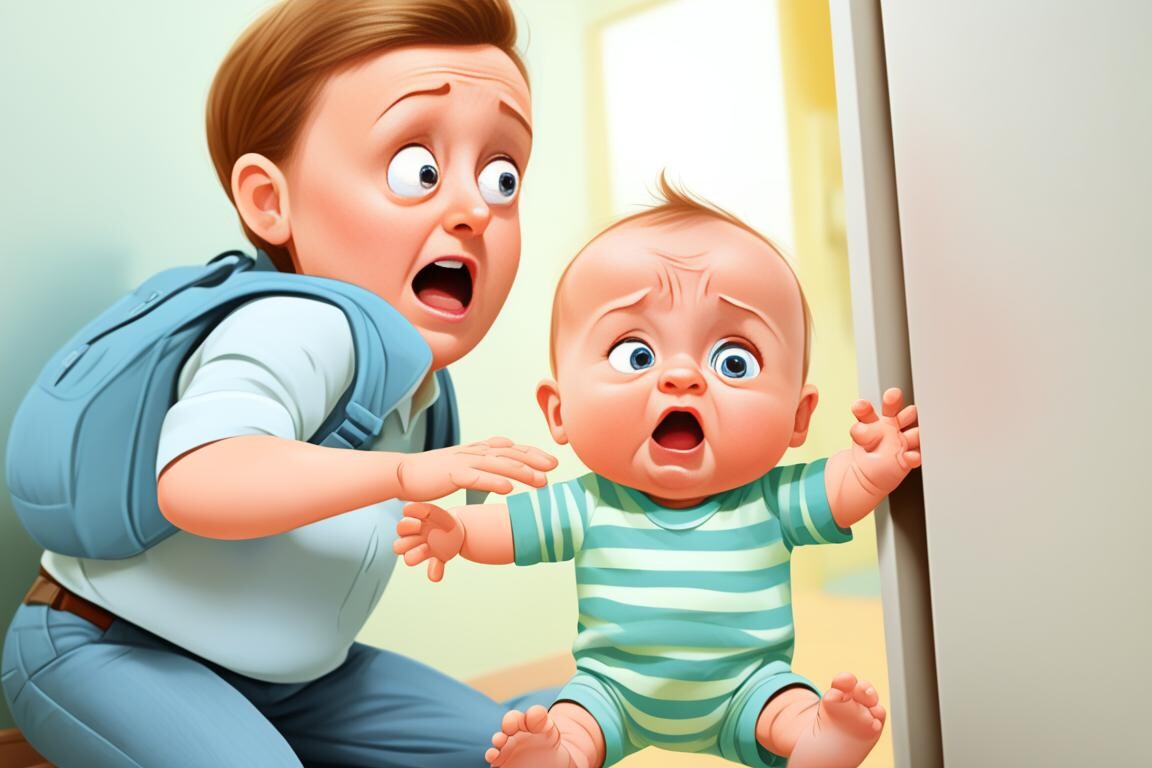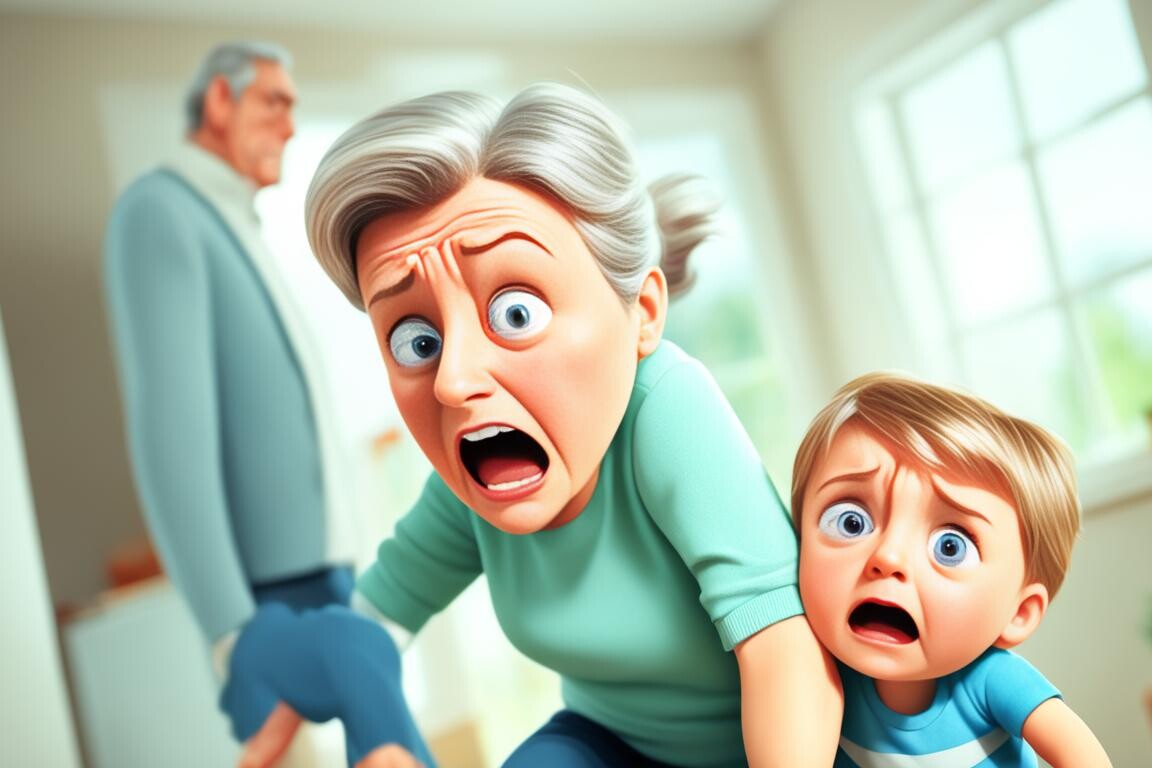The teenage years are tough, and it’s key to spot and tackle anxiety in our young ones. Anxiety is the top mental health issue in the U.S., hitting about 8% of kids and teens. These years are full of big changes that can make stress and anxiety worse.
The COVID-19 pandemic made anxiety in teens worse. Life was turned upside down, causing more stress and isolation. It’s important to know the signs of anxiety and support our teens to help them cope.
This article will look into how common anxiety is in teens, what causes it, and how to spot and handle it. By understanding anxiety in teens, we can help them get through these tough times better.
Table of Contents
ToggleThe Prevalence of Anxiety in Teens
Anxiety disorders are becoming more common among teenagers. About 1 in 10 to 1 in 13 people in the U.S. deal with anxiety disorders. This means around 8% of kids and teens are affected. The COVID-19 pandemic made things worse, as teens faced big changes in school, social life, and daily routines.
Anxiety can deeply affect teens. It can hurt their school grades, how they connect with others, and their overall happiness. If not treated, anxiety can cause teens to do worse in school, pull away from friends, and even lead to depression.
Statistics and Impact of Anxiety Disorders in Adolescents
- About 1 in 10 to 1 in 13 people in the U.S. have anxiety disorders.
- Around 8% of kids and teens have an anxiety disorder.
- The COVID-19 pandemic made anxiety worse for teens, causing big changes in school, social life, and daily routines.
- Anxiety in teens can cause lower school grades, pulling away from friends, and a higher chance of getting depression.
More and more teens are dealing with anxiety, and it’s important to know the signs and get help. This can help teens manage their anxiety and stay well.
Understanding Anxiety in Adolescence
Teenagers go through many changes as they grow up. These changes and stress can lead to anxiety. Knowing what causes anxiety in teens helps us support them.
Developmental Changes and Stressors
Teens see big changes in their bodies, feelings, and social lives. They might worry about how they look or fit in. They also stress about doing well in school. These worries, along with brain changes, make them more likely to feel anxious.
- Concerns about physical appearance and social acceptance
- Pressure to excel academically and achieve high levels of performance
- Navigating the transition to greater independence and responsibility
- Hormonal changes and their impact on mood and emotions
Teens also deal with stress from family issues, bullying, or big decisions about their future. These things can make anxiety worse.
Knowing what causes anxiety in teens helps us help them. By addressing these issues, we can support their mental health and well-being.
Identifying Signs of Anxiety in Teens
As parents, educators, and healthcare providers, it’s key to spot anxiety in teens. Anxiety in teens shows up in many ways, like physical, emotional, and behavioral signs. Knowing these signs helps us support our anxious teens and offer the right help.
Common signs of anxiety in teens include:
- Excessive worrying or ruminating thoughts
- Feelings of restlessness or nervousness
- Muscle tension or physical discomfort
- Sleep problems, such as difficulty falling asleep or staying asleep
- Headaches, stomachaches, or other physical ailments
- Withdrawal from social activities or avoidance of social situations
- Difficulty concentrating or focusing on tasks
These symptoms can change in intensity and last different lengths of time. Sometimes, teens might hide or downplay their anxiety. That’s why it’s so important for adults to pay close attention to these signs.
By spotting anxiety in teens, we can act fast to help. This means talking openly, creating a supportive space, and linking them with mental health experts if needed. Catching anxiety early lets us help teens deal with it better and build strong coping skills for later life.
Types of Anxiety Disorders in Adolescents
As parents and caregivers, it’s key to know the different anxiety disorders teens can face. These include generalized anxiety disorder (GAD), social anxiety, and panic disorder. Understanding these can help us support our teens better and aid them in their mental health journey.
Generalized Anxiety Disorder (GAD)
Teens with GAD worry too much about many things, like school or social life. They feel always nervous, irritable, and can’t focus well. These worries affect their daily life and overall well-being a lot.
Social Anxiety
Social anxiety is a big issue for many teens. They fear social situations, like speaking in public, meeting new people, or even simple chats. They worry about being judged or embarrassed, and avoid these situations a lot. This can stop them from growing socially and doing well in school.
Panic Attacks
Panic disorder brings sudden, intense fear with physical signs like fast heartbeat, short breath, and sweating. These panic attacks are scary for teens and make them avoid places where they might have another one.
Knowing the types of anxiety disorders in teens and their signs is crucial. It helps us support our young ones better. By understanding common anxiety disorders in adolescence, we can guide them to cope and get the right help when they need it.
Anxiety in adolescence
Teenagers go through big changes during adolescence. They often feel worried and scared. It’s important to know what they’re going through to help them.
Navigating Physical Changes
Many teens get anxious about their body changes during puberty. They might worry a lot about how they look, their weight, or how they’re growing. These worries make them feel self-conscious and sensitive to others’ opinions.
Peer Acceptance and Social Anxieties
Teens really care about being liked and fitting in. They might fear being judged or left out by others. This fear can make them anxious in social situations or when speaking up in class.
Academic Pressure and Performance Concerns
High school can be tough for teens because of the pressure to do well. They worry about living up to their parents’, teachers’, and their own goals. This leads to stress about tests, grades, and their future.
Knowing what teens worry about helps us support them. We can help them deal with their anxiety and make it through adolescence better.
Test Anxiety and Academic Performance
As teens face the challenges of school, test anxiety is a big hurdle. This anxiety can really affect how well they do in class. It makes them feel scared and worried before and during exams, leading to physical issues like feeling sick, sweating, and trouble focusing. This can hurt their test scores and how well they do in school.
Test anxiety is a big worry for teens. Studies show that too much anxiety can hurt their grades. Teens with test anxiety might not do as well on tests, even if they know the material. This can cause lower grades, less confidence, and even make them not want to go to school anymore.

But there’s good news. Teens can learn ways to handle their test anxiety and do better in school. Things like managing time well, studying smart, and relaxing can help. Also, getting help from teachers, counselors, or mental health experts can be really helpful.
By understanding how common and serious test anxiety is in teens, we can help them beat it. With the right help and support, teens can handle school better and do well in their studies.
The Role of Parents and Caregivers
Parents and caregivers play a huge role in helping anxious teens. They are key to guiding these young people through tough times. By learning how to support anxious teens at home, we can help both teens and their families deal with challenges.
Strategies for Supporting Anxious Teens at Home
It’s vital to accept how anxious teens feel. We should listen to their fears and give them a safe place to talk. It’s important not to label them, which can make things worse. Instead, be kind and understanding.
Slowly introducing anxious teens to things that scare them can help. With support, they can learn to handle their anxiety better. Encouraging them to exercise, eat well, and sleep well is also key to fighting anxiety.
When things get too hard, getting help is crucial. Finding counselors, therapists, or support groups can be a big step forward for anxious teens.
By using these methods and creating a caring home, parents and caregivers can greatly help anxious teens. Together, we can help them face adolescence with strength and learn to manage their anxiety better.
Seeking Professional Help
If a teenager’s anxiety is severe, persistent, or gets in the way of their daily life, it’s important to get help. This might mean talking to a pediatrician, a mental health counselor, or a therapist who knows how to treat anxiety in teens. These experts can offer treatments like cognitive-behavioral therapy (CBT) and medication. These can help the teen deal with their symptoms and find better ways to cope.
Getting professional help for teen anxiety can really change a young person’s life. Let’s explore the treatment options:
- Cognitive-Behavioral Therapy (CBT): CBT helps teens change negative thoughts to more positive ones. It teaches them how to handle their anxiety and face their fears in a healthy way.
- Medication: Sometimes, a mental health expert might suggest medication, like antidepressants or anti-anxiety drugs, to help with anxiety symptoms. This is often used along with therapy.
- Support Groups: Being in a support group gives teens a safe place to share their feelings, connect with others who get what they’re going through, and learn new ways to cope.
- Lifestyle Changes: Adding healthy habits, like regular exercise, mindfulness, and good sleep habits, can also help with managing anxiety in teens.
Remember, asking for help with teen anxiety shows strength, not weakness. With the right support and treatment, teens can learn to handle their anxiety and do well.

Coping Strategies for Anxious Teens
Adolescence can be tough, especially for those with anxiety. But, there are ways for teens to handle their anxiety well. By using these strategies every day, anxious teens can feel more in control and peaceful.
Healthy Habits and Techniques for Managing Anxiety
Practicing relaxation techniques like deep breathing, meditation, and progressive muscle relaxation is key to managing anxiety. These exercises calm the mind and, easing anxiety symptoms.
Getting enough sleep and staying active are also great ways for teens to deal with anxiety. Self-care helps teens build strength and handle stress better.
Learning to manage time well and fight negative thoughts can give teens a sense of control over their worries. Talking to friends and family can also help a lot with coping.
By using these healthy habits and techniques, anxious teens can better manage their anxiety. This helps them be more resilient during this important time in their lives.
The Connection Between Anxiety and Depression
Anxiety and depression often go together for teenagers. These mental health issues can affect each other, making it important to know how they connect. This knowledge helps in giving the right support and treatment.
Anxiety can lead to depression in teens. The constant worry and fear can hurt their happiness and how they see themselves. This can make them feel hopeless and cut off from friends and fun activities, leading to depression.
Depression can also make anxiety worse. Sadness and feeling hopeless can make it hard for teens to handle stress and uncertainty. This can increase their anxiety, making their mental health problems worse.
It’s key to treat both anxiety and depression in teens together. Just focusing on one might not fully help. A full approach that looks at both conditions can really help young people.

Knowing how anxiety and depression affect teens helps us support them better. This support can help teens deal with these issues and build a strong mental health foundation.
Conclusion
Anxiety is a big challenge for many teens in the U.S. We’ve looked into why it happens and how to spot it. We’ve learned how to help teens deal with their worries and fears, like test anxiety and how it affects school.
Managing teen anxiety means getting help, using healthy ways to cope, and having caring adults around. We also need to link anxiety with depression for a full approach to helping teens.
Dealing with anxiety in teens needs a wide approach. It’s about teaching, being kind, and caring for their mental health. Together, we can make a place where anxious teens feel strong, supported, and ready for the challenges of growing up.
FAQ
What is the prevalence of anxiety disorders in children and teenagers?
How has the COVID-19 pandemic impacted anxiety in adolescents?
How can anxiety impact a teenager’s daily life and well-being?
What are the common signs and symptoms of anxiety in teenagers?
What are the most common types of anxiety disorders in adolescents?
What are some common worries and fears experienced by teenagers?
How does test anxiety impact academic performance in teenagers?
How can parents and caregivers support anxious teenagers?
When should teenagers seek professional help for their anxiety?
What are some effective coping strategies for anxious teenagers?
How are anxiety and depression related in adolescents?
Anxiety and depression often happen together in teens. One can make the other worse. It’s important to treat both to help the most.
Source Links
- https://www.aacap.org/AACAP/Families_and_Youth/Resource_Centers/Anxiety_Disorder_Resource_Center/Your_Adolescent_Anxiety_and_Avoidant_Disorders.aspx – Your Adolescent – Anxiety and Avoidant Disorders
- https://childmind.org/article/signs-of-anxiety-in-teenagers/ – How Anxiety Affects Teenagers – Child Mind Institute
- https://www.hopkinsmedicine.org/health/conditions-and-diseases/anxiety-disorders/anxiety-and-stress-in-teens – Anxiety and Stress in Teens
About The Author

Medically reviewed by Dr. Chandril Chugh, MD, DM (Neurology)
Board-Certified Neurologist
Dr. Chandril Chugh is a U.S.-trained, board-certified neurologist with expertise in diagnosing and managing neurological disorders, including migraines, epilepsy, Parkinson’s disease, and movement disorders. His clinical focus includes evidence-based neurological care and patient education.
All content is reviewed for medical accuracy and aligned with current neurological guidelines.




